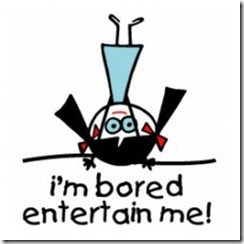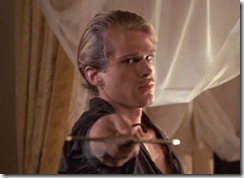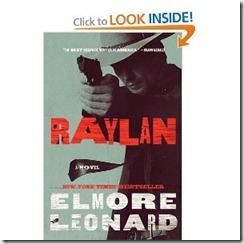Fiction-Zone: Leaps in Fiction Mastery by Diane Holmes, Chief Alchemist of Pitch University
I’m so tired of reading barely-average characters thrust into the role of protagonist and flung out on the page as someone to bond with and root for.
I’m done bonding with so-so characters. And I’m starting to root for their demise.
Yeah, yeah. They’re relatively nice. They do the action. They have details that fill in the blanks of their lives. But honestly, take away the plot or the goal or the fact that they can turn into vampires or gangsters, and they are barely average at best.
Ordinary to the point of generic Good Guys.
Just faux-actors auditioning for the parts.
Author: “Oh, no, she’s wonderful! So daring and complicated. He’s brave and flawed and heroic.”
Ah, no. You’ve fallen in love with your own imagination. I assure you, what’s on the page is pretty anti-amazing.
It’s ordinary. It’s expected. It’s pretty darn unremarkable. Ask me to describe why you’re character would be interesting without the added help of a plot, and you’ll hear me say, “Well, he has brown hair, and, uh, a job as an architect, and he seems nice to his employees.”
Not. Very. Amazing.
Want to create amazing? Here’s how:
#1 Create a Character Capable of Amazing Thoughts.
Not talking about illogical thoughts, here. I’m talking about characters whose minds are just fascinating to behold and explore.
Oddly enough, being wealthy or a vampire or any other “situational” characteristic isn’t that amazing. Yeah, yeah, you want blood. Got it. You’ve got a big mansion, okay. Quit bragging.
What about the wounded hero with PTSD? Thinking about stress. Yeah, seen it. The teen thinking about hating school? Boring.
Give us a mental landscape we haven’t see before.
#2 Who Talks About Amazing Things.
If you’re thinking amazing thoughts, then what you choose to talk about and how you embrace the subject should be, uh, amazing, too. Obvious, I know.
#3 In an Amazing, Singular Voice.
It used to be enough to write the character who said the things we wish we could say if we weren’t so polite. But now everyone is pretty much saying what’s on their minds in all its snarky-glory.
So, that’s not enough. Besides, all snark sound pretty much alike.
Create a character’s voice that is so rich, singular, and amazing, that we readers can’t wait to hear it. And when the books is done, find we’re accidentally talking to our spouses in that same voice.
It freaks us out and makes us want to read the book all over again.
#4 And Responds in an Amazing, Mesmerizing Fashion.
Characters are either acting or reacting. It’s stimulus and response.
So, dazzle me, baby. Delight me. Give me a character whose responses are logical, believable, and yet wholly breath-taking, original, and amazing.
#5 And is Changed in Amazing, Unanticipated Ways.
Let me see what your characters become, how they unfold, and please-oh-please let it be worth watching.
 Diane writes two alternating columns for Freelance-Zone:Fiction-Zone: Leaps in Fiction Mastery and Marketing-Zone:Marketing-Zone: Marketing Yourself and Your Book.
Diane writes two alternating columns for Freelance-Zone:Fiction-Zone: Leaps in Fiction Mastery and Marketing-Zone:Marketing-Zone: Marketing Yourself and Your Book.



